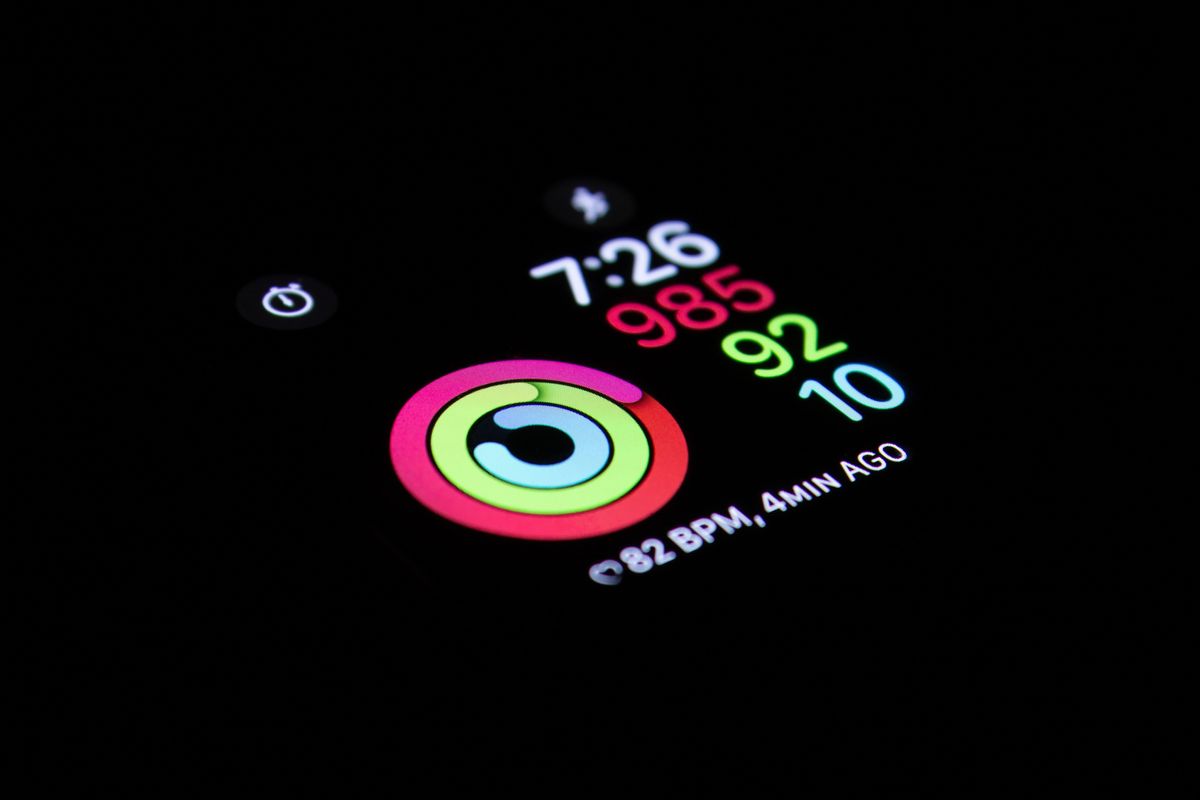Can Apple really get a country to workout? Let’s ask Singapore in two years
The government of Singapore is partnering with Apple to incentivize healthy behaviors.

Singapore is a country of rooftop pools, high-tech solutions, and universal healthcare. It's no surprise that Apple and the Singapore government have partnered in a national, two-year health initiative called LumiHealth. LumiHealth will use the health metrics tracked on the Apple Watch and interactive games on the iPhone app to reward healthy behavior financially. Thankfully, according to Apple, all user data will be encrypted and will not be sold for marketing purposes.
Revolutionizing health on a large scale through wearable technology is an exciting prospect. Honestly, as a former cycling instructor, this sounds like heaven on earth. However, I have a few questions:
1) Is the barrier to entry too large?
A barrier to entry is an economic term that, in this case, describes the fixed cost that someone who does not have an Apple Watch or iPhone must incur to enter the Apple ecosystem to participate in LumiHealth. Both the iPhone and Apple Watch are excellent products but are significantly more expensive than competitors. The LumiHealth incentive is unique, thoughtful, and rewarding, but is it enough to convert Samsung and Huawei loyalists?
2) How effective are financial incentives in getting individuals to live healthier lives?
Financial incentives have proven to be pretty effective in the short-term, but the long-term benefits are unclear. I suppose we will have to wait and see the potential long-term effects of financial rewards on healthy behaviors.
3) Will adding financial incentives change how Singaporean people interact with the Apple Watch and their health?
In Dan Ariely's Predictably Irrational, he explains the difference between a market and a social contract. When money is offered for something, it changes our perception of experience entirely. Even with some payment for expertise, many health experiences such as working with a personal trainer, playing a sport, or even visiting the doctor are based on a mutual and trusting long-term relationship.
When these interactions become something that an individual is compensated for, it has the potential to shift to a short-lived, shallow financial interaction. This could fundamentally change how Singaporeans participating in this program interact with the individuals in their lives.
LumiHealth is an exciting social experiment worth keeping an eye on.


